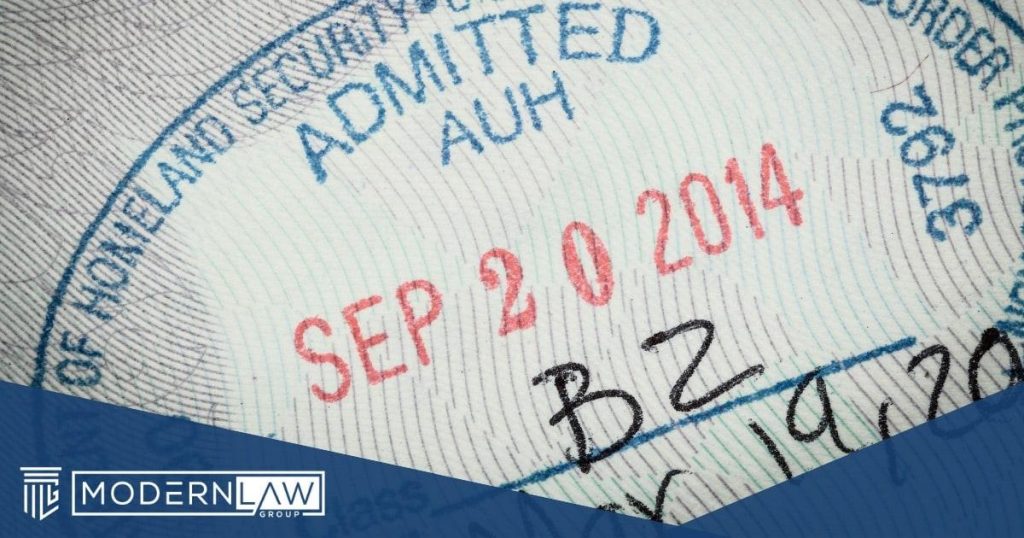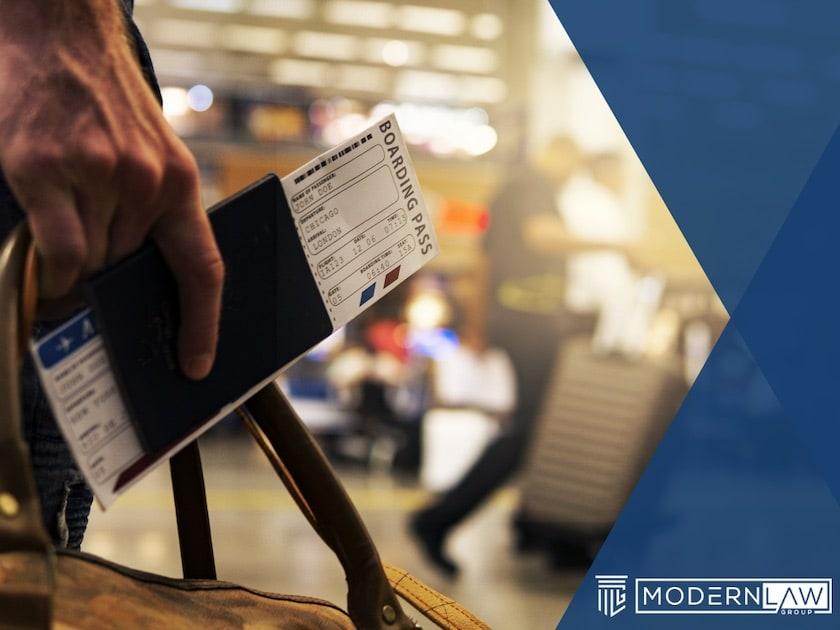B-1 and B-2 Visas

There are two types of visitor visas for those seeking to enter the United States temporarily: the B-1 visa for business visitors and the B-2 visa for pleasure or tourism. Each is different, and each requires its own application, which this guide explains.
The Basics on B-1 and B-2 Visas
It is important to note that B-1 and B-2 visas are nonimmigrant visas, which means that they are for temporary visits only. Those seeking to immigrate to the United States permanently should apply for a different type of visa.
Applying for a B-1 or B-2 visa typically requires an interview at a U.S. consulate or embassy. During the interview, applicants will need to provide evidence of their ties to their home country and their intent to return after a temporary stay in the United States. Applicants may also be asked to provide evidence of their financial resources to cover their stay in the United States.
Once approved, B-1 and B-2 visas are typically valid for multiple entries over a period of several years. However, the length of each stay in the United States is generally limited to six months. Those wishing to stay longer may apply for an extension of their visa, but it is important to note that extensions are not guaranteed and are at the discretion of U.S. immigration officials.
Eligibility for a B-1 Visa in the United States
To be eligible for a B-1 visa, an applicant must show that they are coming to the U.S. for a legitimate business purpose such as consulting with business associates, attending a scientific, educational, professional or business convention or conference, or negotiating a contract.
Eligibility for a B-2 Visa in the United States
To be eligible for a B-2 visa, an applicant must prove that they are coming to the U.S. for leisure or tourism activities such as visiting family or friends, sightseeing, or attending social events. B-2 visa holders are also not permitted to work in the U.S.
Can You Change Your Visa Status if You’re in the U.S. on a B-1 or B-2 Visa?
Those holding B-1 or B-2 visas are generally not permitted to change their status to another type of visa while in the United States. For example, someone on a B-2 visa cannot apply for a student visa while in the U.S. However, there are some exceptions to this rule, so it is important to consult with an experienced immigration attorney before making any changes to your visa status.
B-1 and B-2 visas are just two of the many types of visas available for those seeking to enter the United States temporarily. For more information on B-1 and B-2 visas, or to learn about other types of visas, please contact an experienced immigration attorney.
How to Apply for a B-1 or B-2 Visitor Visa
To apply for a B-1 or B-2 visa, you will need to:
- Complete the Nonimmigrant Visa Electronic Application (DS-160) form.
- Pay the non-refundable visa application fee.
- Schedule an interview at a U.S. consulate or embassy. You will need to provide proof of your ties to your home country and evidence of your intent to return after your temporary stay in the United States. You may also be asked to provide evidence of your financial resources to cover your stay in the United States.
What Happens After a B-1 or B-2 Visa Interview?
After your interview, if you are approved for a B-1 or B-2 visa, you will typically be valid for multiple entries over a period of several years. However, the length of each stay in the United States is generally limited to six months. You may apply for an extension of your visa, but it is important to note that extensions are not guaranteed and are at the discretion of U.S. immigration officials.
A Special Note on Eligibility
To be eligible for a B-1 or B-2 visa, you must demonstrate that you are coming to the United States for a legitimate business or pleasure purpose. You will need to show proof of your ties to your home country and evidence of your intent to return after your short stay in the United States. You may also be asked to provide evidence of your financial resources to cover your stay in the United States so that the immigration official in charge of your case can be assured that you won’t be stranded here.
What Documents Do You Need to Apply for a B-1 or B-2 Visitor Visa?

When applying for a B-1 or B-2 visa, you will need to complete the Nonimmigrant Visa Electronic Application (DS-160) form. You will also need to pay the non-refundable visa application fee and schedule an interview at a U.S. consulate or embassy.
What Are the Restrictions for B-1 and B-2 Visitor Visa Holders in the United States?
B-1 and B-2 visa holders are generally allowed to stay in the United States for up to six months. However, the length of each stay may be shorter or longer depending on the circumstances. For example, if you are coming to the U.S. for a medical procedure, you may be granted a stay of up to one year. If you are coming to the U.S. to attend a business conference, you may be granted a stay of up to three months.
During your stay in the U.S. you will not be permitted to work. You may attend a conference, meeting or other approved business activities but the B-1 or B-2 visa does not permit working.
Can You Apply for an Extension of Your B-1 or B-2 Visitor Visa?
You may apply for an extension of your B-1 or B-2 visa, but it is important to note that extensions are not guaranteed and are at the discretion of U.S. immigration officials. If you are granted an extension, you may be allowed to stay in the United States for up to six additional months. However, the total length of your stay (including any prior stays on a B-1 or B-2 visa) cannot exceed one year.
If You Overstay Your B-1 or B-2 Visitor Visa, What Happens?
If you overstay your B-1 or B-2 visitor visa, you may be subject to removal from the United States and may be ineligible for future visas. Additionally, overstaying your visa may make it difficult to reenter the United States in the future. Therefore, it is important to adhere to the terms of your visa and only stay in the United States for as long as you are authorized.
Do You Need to Talk to an Attorney About Applying for or Receiving a B-1 or B-2 Visitor Visa?
If you have any questions about B-1 or B-2 visitor visas, or if you need help applying for a visa, please call our office to discuss your situation. We’ll be happy to answer your questions and ensure you’re on the right path.









